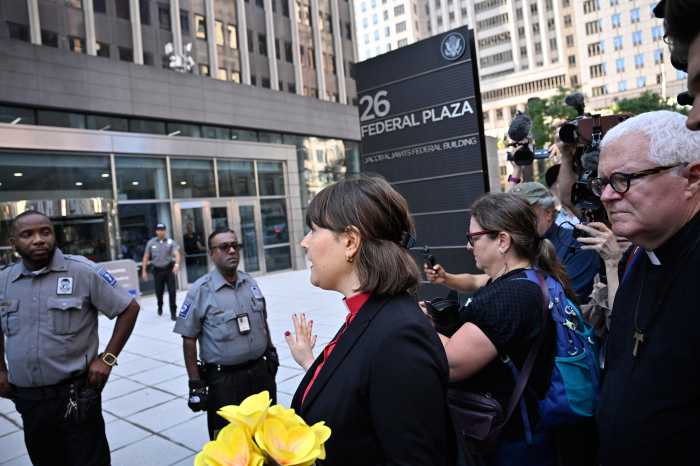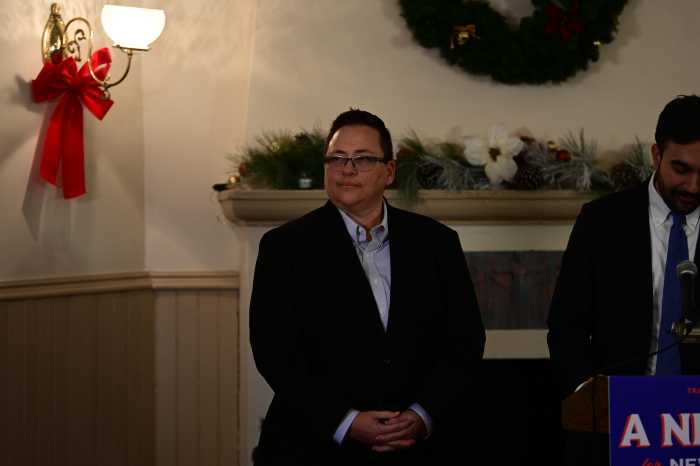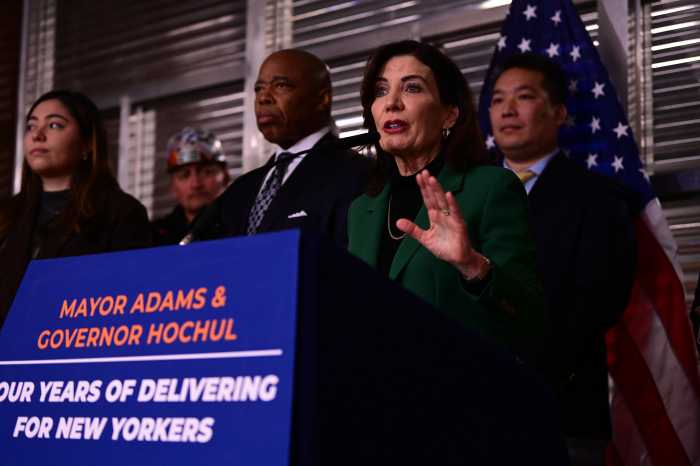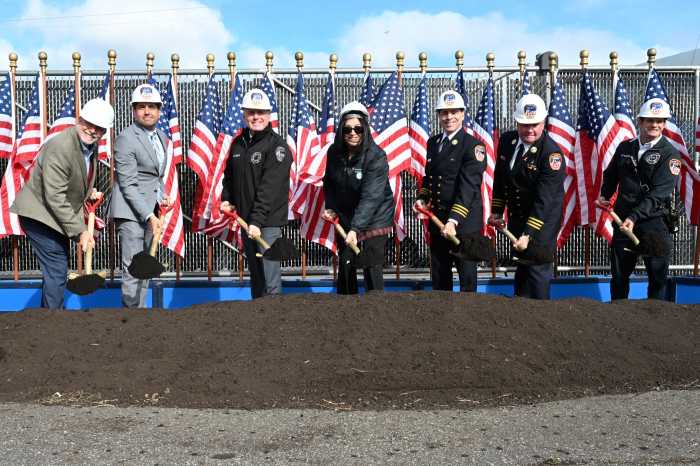Interim Civilian Complaint Review Board (CCRB) Chair Arva Rice resigned from her role on the NYPD watchdog panel in a Monday letter amid reports that Mayor Eric Adams made moves to push her out as chair.
In her missive, Rice said she would depart the CCRB on Aug. 15. Rice, who was appointed to the board by former Mayor Bill de Blasio, has served in the role since 2022, when Adams appointed her to the post.
“While I will no longer serve on the CCRB, my commitment to holding police officers accountable for misconduct remains unchanged,” Rice said in her letter, a copy of which the New York Post shared on social media.
Adams, according to published reports, made moves to oust Rice after she publicly criticized the NYPD for the time it took to hand over the body camera documenting the police killing of Kawaski Trawick. Police fatally shot Trawick, a 32-year-old Black, gay man, in the kitchen of his Bronx apartment in 2019.
In April, it was also reported that Phil Banks, Adams’ deputy mayor for public safety, had been pushing to oust Rice since the summer of 2023.
However, Adams has denied that he pushed Rice out, insisting that she was a holdover from the de Blasio administration and he has a right to appoint his own CCRB chair — even though he had appointed her interim chair.
The mayor also contended that he had given Rice the opportunity to stay on the board, just not as its chair.
“Arva Rice is a valued public servant who brought her expertise and commitment to the CCRB as board member and interim chairwoman from the previous administration to now,” mayoral spokesperson Amaris Cockfeild said, in a statement.
“The CCRB is an independent board, and the mayor made it clear to the interim chair that she is more than welcome to serve on the CCRB board to continue to do this important work for New Yorkers,” she added.
Among Rice’s accomplishments as chair, she listed leading an investigation into the NYPD response to 2020 protests over the murder of George Floyd. Additionally, she oversaw the reduction of a backlog in cases that built up during the coronavirus pandemic.
Adams, a former NYPD captain who campaigned on getting crime under control, has seen CCRB complaints against police officers more than double during his tenure.
The Legal Aid Society, in a statement, laid the blame for Rice’s departure squarely on Adams, saying he has engaged in a “death-by-a-thousand-cuts campaign” against safeguards designed to hold the NYPD accountable.
“This Administration continues to prioritize the NYPD’s impunity over building trust between the Department and the New Yorkers that they are sworn to serve,” the group said. “A city devoid of the necessary safeguards to check police misconduct weakens public safety and reinforces a sentiment that officers are above the law and that the rest of us are all de facto second-class citizens.”
On the other hand, the Police Benevelent Association — the NYPD’s largest union — celebrated Rice’s departure. PBA President Patrick Hendry, in a statement, called the change “very welcome news” and toward replacing “anti-police activists” on the board.
“The PBA has been calling for new appointments to CCRB’s board who can instill fairness in its decision-making processes and bring it in line with its City Charter mandate,” Hendry said. “Unfair treatment at CCRB doesn’t just destroy police officers’ morale — it jeopardizes public safety by driving even more cops out of the NYPD amid the ongoing staffing crisis.”
Read More: https://www.amny.com/news/








































